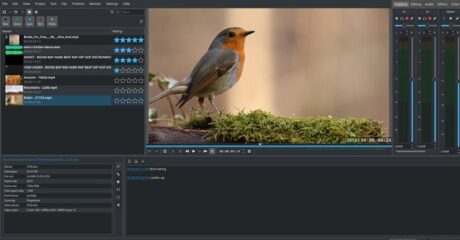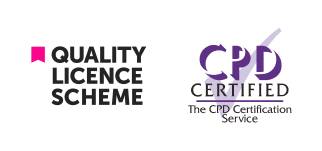
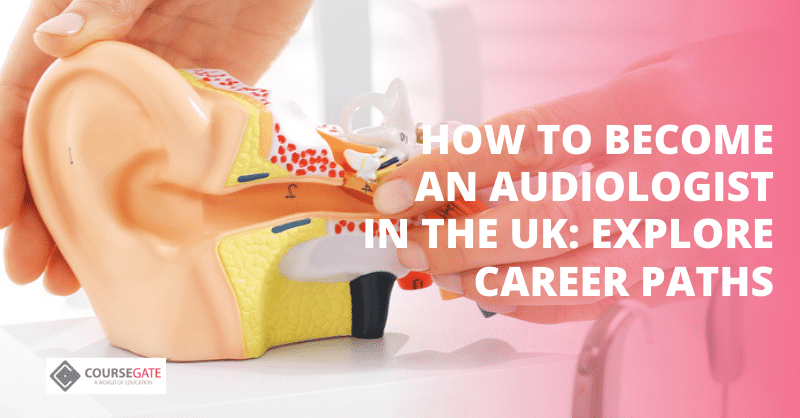
In the UK, audiology is a rapidly growing field and the need for audiologists is becoming clearer by the day. Which begs the question of how to become an audiologist in the UK? Audiology is a field of significant importance at the NHS. According to a national study of hearing, approximately 16% of the Great Britain’s population suffer from hearing loss.
Audiologists specialise and diagnose a range of problems that affects the ear. They may also specialise in a particular area of the field such as implants, paediatrics or auditory rehabilitation. Whether you want to learn what audiology is in detail or how to become an audiologist in the UK, this article has you covered. So, let’s get started.
What is Audiology?
Before we jump into the details of how to become an audiologist in the UK, let’s find out what is audiology first. Audiology refers to the study of hearing disorders and losses. It also studies the prevention and remediation of the issue pertaining to hearing loss or disorders. Usually, audiologists can work with patients of all ages.
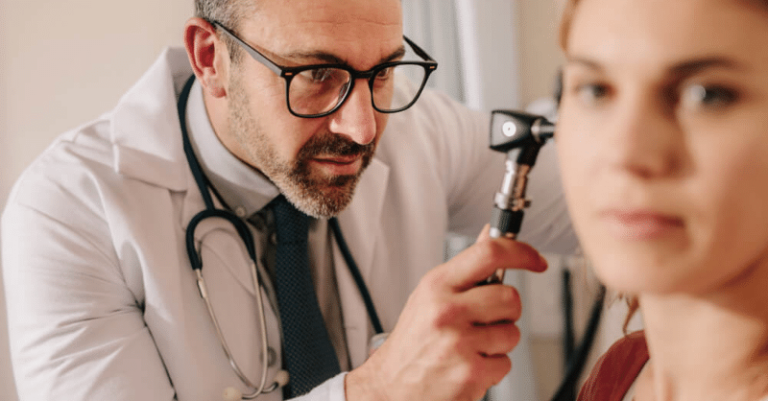
Audiologists can assess, diagnose, treat and rehabilitate a patient’s hearing loss. There are tons of hearing loss treatments for which an audiologist can help out. Options include auditory brainstem implants, cochlear implants, hearing aids and more. However, patients with minor hearing loss might not need major surgeries. They might just have to receive counselling or devices that reduce further hearing loss.
The audiology field focuses on the study of the inner ear. As such, audiology also examines and addresses balance and equilibrium problems. In modern times, there are a variety of inner ear rehabilitation devices and techniques. Audiology has a profound impact on the quality of life of patients. Especially for patients living with vertigo or other balance disorders.
Who is an Audiologist, and What do Audiologists Do?
An audiologist is a hearing healthcare professional. They specialise in identifying, diagnosing and treating issues related to the auditory and vestibular areas of the ear. Additionally, they mostly deal with things like hearing loss, tinnitus, or balance issues.
Audiologists are experts in the technology that is used to manage these conditions. For instance, you might need hearing aids fitted to manage your hearing loss. An audiologist in such cases will advise you on the best way to do it. Audiologists in general play a wider role in helping people with hearing loss. Moreover, they work with patients to preserve, manage and improve their hearing ability to understand sounds.
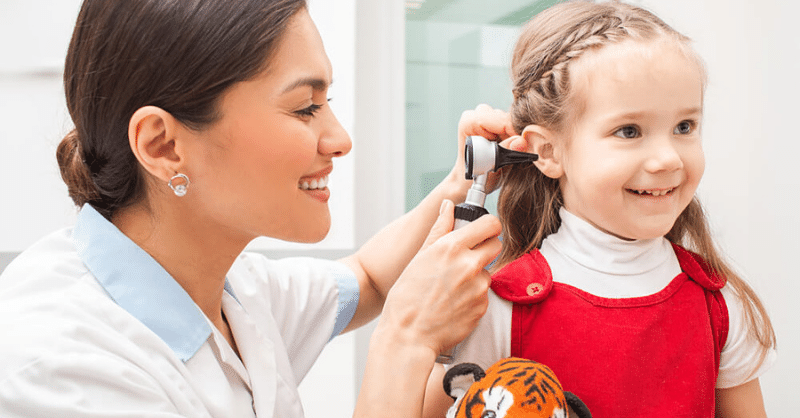
In essence, audiologists work with people of all ages, from infants to older adults. They can fit and test hearing aids on all. Sometimes, it can be very difficult for people that experience late-life hearing loss to adjust and cope with their condition. An audiologist in such cases can help them with practical things. For instance, help them buy phones that are compatible with their hearing aids.
Also, audiologists can direct patients to useful resources that will make it easier for them to live with their hearing loss. As an audiologist, you can also counsel the patient and their family to help them deal with the emotional aspects of hearing loss.
Furthermore, audiologists can work in a wide variety of settings, from private hearing clinics to major research hospitals. There are paediatric audiologists who work specifically with infants and kids. However, they often collaborate with speech pathologists, early intervention specialists and otolaryngologists.
Now, all this information brings us to our next question. And that is how to become an audiologist in the UK? We’ll get to that in our next section of the article.
How to Become an Audiologist in the UK?
Audiologists are also known as clinical scientists. The ample demand for qualified and experienced audiologists from overseas is very positive. This section of the article will give you all the information you need on how to become an audiologist in the UK. There are a number of entry points into a healthcare science career in audiology. Let’s see some of them.

GCSE Requirement
You will usually need the equivalent of three GCSEs at grade C or above to enter a role as an audiologist. Moreover, it can be advantageous to have nursing or child care related qualifications. For instance, you could opt for NNEB, BTEC or NVQ.
Sometimes, there are apprenticeships available in newborn hearing screening. Regardless, each employer will indicate its requirement in the person specification of the job vacancy when advertised.
A - levels Qualification
As you know, you need a good spread of GCSEs at A-C grade to enter as a healthcare practitioner. You will also need at least two if not three A2 or A- levels. For entry, you will usually go through the NHS practitioner training program by taking an accredited BSc degree in healthcare science.
Alternatively, you can get accepted into some universities with equivalent qualifications. However, you are advised to check with each university or visit their website before making an application.
Get an Audiology Diploma Degree
You might be already working for an HCPC or RCPCH registered employer. In most cases, a supervisor is a registered audiologist and hearing aid dispenser. So, taking an Audiology Diploma degree course can further professionalise your career development. The diploma degree can help you gain the required skill set of a qualified hearing aid audiologist. You can work and earn a salary while studying.
Also, you will develop a deep understanding of the physical and psychological aspects of hearing disorders. The course further describes the ear anatomy and teaches you about speech production, and speech localisation among others.
Get a BSc Hons. in Audiology
If you don’t want a foundation degree, you can directly get enrolled on a BSc degree in audiology. That is the next step on how to become an audiologist UK. Getting a BSc degree will expedite your career. In terms of career benefits, the BSc degree will enhance your technical capabilities.
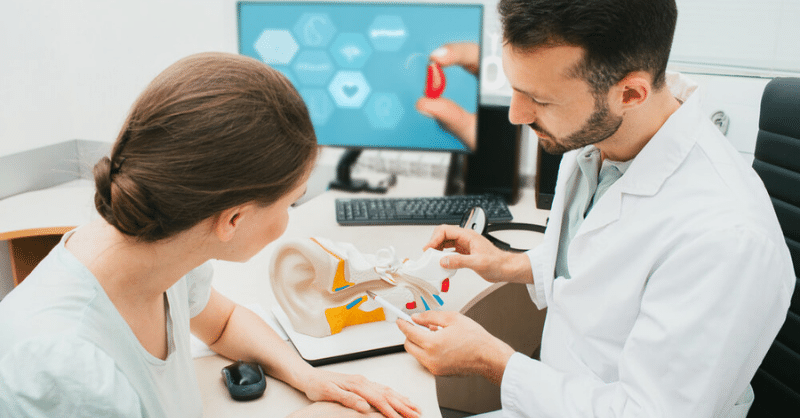
After getting a bachelor’s degree, you can apply for a place specialising in neurosensory sciences. There is an option for direct graduate entry in NHS scientist training programme. However, you have to have a GPA above 2 or a 1st class undergraduate degree or an integrated master’s degree. Make sure your major is an applied science subject relevant to the specialism for which you are applying.
There is an extensive variation in the degrees available. So, it is not possible to provide a definitive list of relevant degrees for entry to the STP. However, if you want to apply for an STP position in physiological sciences, some commonly accepted degrees are physiology, human biology, sports science etc. You can also attain a degree in applied physics, engineering, or biology.
Additionally, if you have evidence of research experience, it is always considered desirable. Make sure to review the job description and person specification for the training. You can find all the relevant information on the National School of Healthcare Science’s Website. Then you can match the skills and knowledge required to the content of your degree.
STP in Detail
You have to fill up your application to STP through oriel. It is the online application portal for postgraduate training programs in medicine, dentistry and public health. The recruitment process includes –
- Online application
- Aptitude tests
- Interview
You have to pass through all the stages in order to get selected. If you are successful, you will be employed by an NHS Trust as a trainee clinical scientist.
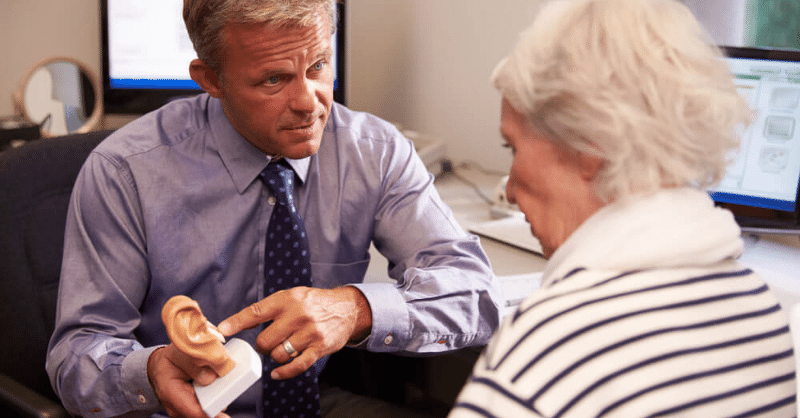
You could also work on a fixed-term contract for the duration of the programme and get paid. Your first year of training will be spent on rotation in a range of settings. But you can start specialising in years two and three. STP also includes fully funded part-time study for an approved and accredited Master’s degree specialising in neurosensory sciences.
If you are already an employee at the NHS, you can apply to the STP as an internal candidate. If you successfully complete the STP, you are eligible to apply for a certificate of attainment. The certificate is awarded by the Academy for Healthcare Science. The certificate will further allow you to register as a clinical scientist with the health and care professional council.
There are some other routes to HCPC registration as a clinical scientist. For instance, there is an association between clinical scientists and AHCS which requires an equivalent assessment process. Additionally, you can apply for the NHS practitioner training programme if you don’t already have a bachelor’s degree. The program provides undergraduate training that leads to a BSc in healthcare science, particularly audiology.
The Difference between Audiologists & ENT
Both ENTs and audiologists work with patients experiencing hearing problems. However, there is some difference in the scope of their work. People see an audiologist for an assessment and non-invasive intervention.
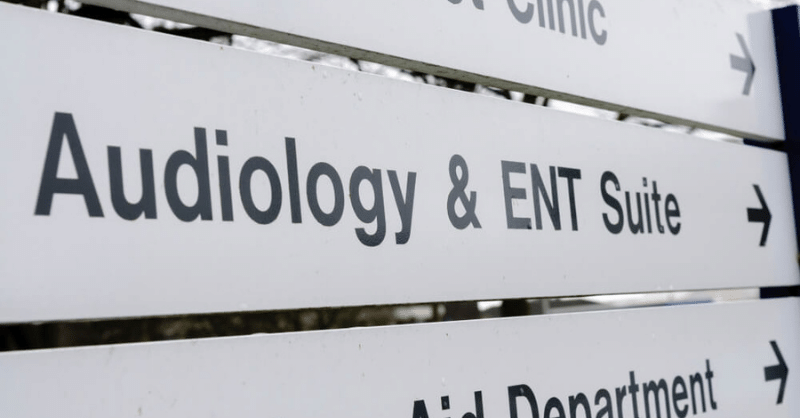
The people are generally the ones who have experienced a loss of hearing over a period of years. However, those who have noticed a sudden and profound loss of hearing should seek help from an ENT. This condition could possibly be due to illness or injury.
Additionally, ENTs are medical doctors who focus on the entire area between the brain and lungs, excluding the eyes. Hence, you can say that ENTs have a wider scope of care than audiologists. Essentially, ENTs perform a variety of procedures to improve hearing or reduce pain. An ENT might also assist in ear wax removal or surgical ear tube implantation.
Audiology Vs Speech Pathologist: What is the Difference?
More often than not, the field of audiology and speech pathology overlaps. However, the scope of work for a speech pathologist tends to cover more areas. For instance, audiologists focus on hearing functions. But speech pathology addresses communication and swallowing disorders by examining the ears, tongue, throat, and mouth.

Some communication disorders are caused by physical issues, such as a cleft palate. However, some other communication disorders are brain based. In both cases, a speech pathologist will coach the patients to process information and communicate more effectively. Also, audiologists and speech pathologists differ in their respective educational requirements.
Frequently Asked Questions About Audiologists
So, now you know how to become an audiologist in the UK. However, we understand there are still some questions that might have remained unanswered. So, we have curated a list of frequently asked questions regarding audiology and audiologist. Hope this answers all your questions and clears away all the confusion.
Is an Audiologist a Doctor?
You know how to become an audiologist in the UK, but do you know if audiologists are actual doctors or not? The simple answer to the question is – no, audiologists are not actually medical doctors.
Instead, an audiologist is a licensed healthcare professional who specialises in diagnosing and treating. They administer patients with hearing loss, tinnitus, and other types of hearing problems.
What is the Minimum Education Requirement for Audiologists?
When it comes to the education requirements for audiologists, you will see different websites writing down different information. However, having a minimum Bachelor’s degree in your respective field is a must. Some go on to accomplish a master’s degree and a doctorate consecutively. And with a doctorate degree, you can become a doctor of audiology.
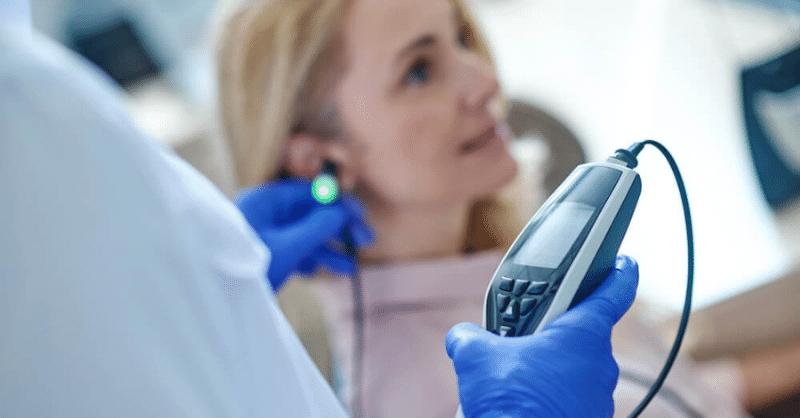
Who is a Certified Audiologist?
The minimum qualification to become a hearing aid dispenser since 2010 is a foundation degree in audiology. So, if you notice the qualifications of a doctor, you will see the letters Fd Sc Aud after the name. Regardless, the hearing aid dispenser needs to be registered with the HCPC. You can find all the details regarding the registration process on the HCPC website.
How are Audiologists Regulated?
Regulations done within audiology are confusing sometimes. But what is important to know is that audiologists have to be registered by the health care and professionals council. This includes whoever assesses, programmes and dispenses hearing aids
Hearing aids dispensers and audiologists are registered with the HCPC. They are also regulated by the HCPC in order to protect the public. The primary responsibility of HCPC is to keep a register of health and care professionals. The health care professionals should meet the standards of their training, professional skills, behaviour, and health.
Besides, being a member of the British Society of Hearing Aid Audiologists (BSHAA) is a huge plus point. BSHAA is a professional body that represents and promotes the interest of the independent hearing aid profession across the UK.
Let’s see how a day in the life of an audiologist is like –
Conclusion
Audiology is a very lucrative and satisfying field for someone interested in working with the hearing impaired or disabilities. But now that you know how to become an audiologist in the UK, the final decision is yours to make. Moreover, audiologists implement life-enhancing therapies for patients of all ages. They cater to the patient’s wide variety of personal needs. So, a job role in this sector really makes a positive difference in people’s lives.
- All Courses
- IT & Software99
- Microsoft Office64
- Nonprofit & Charity55
- Health & Safety91
- Life Style73
- DIY43
- On Demand Courses42
- Quality Licence Scheme Endorsed113
- Health and Fitness77
- Health and Care162
- Admin42
- Digital Marketing48
- Psychology & Counselling84
- Teaching and Education99
- Design75
- Management129
- Beauty42
- Accounting58
- Employability200
- Human Resource47
- Personal Development131
- Marketing59
- Business153
- Photography38
- Language26




